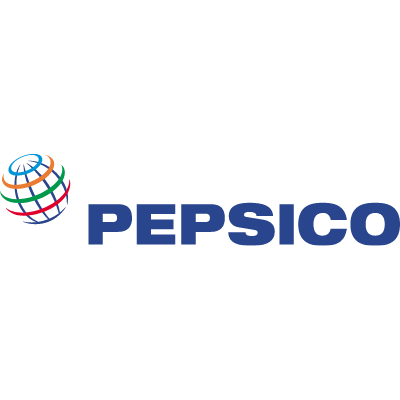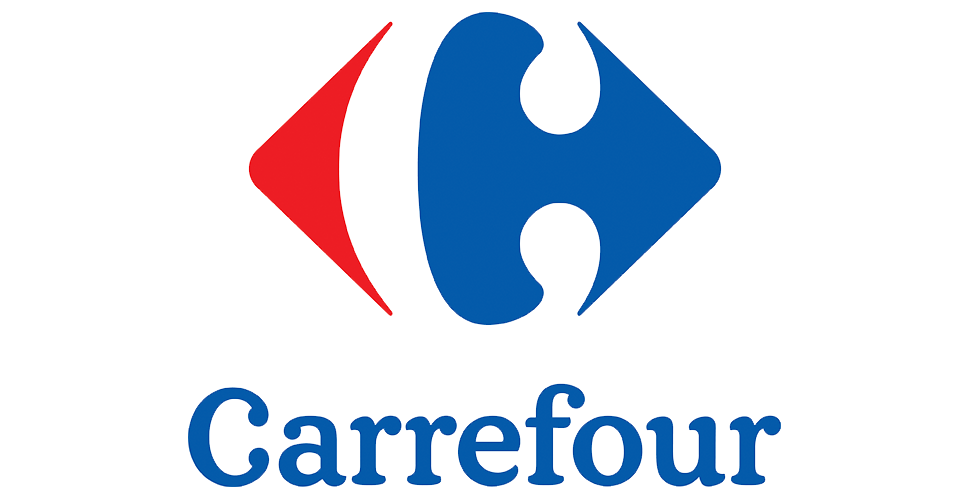For several years now, Microsoft has been consistently enhancing its low-code platform by infusing it with AI capabilities. To optimize this revolutionary trend, in 2023 the company has unleashed next-generation AI tools, including the recent introduction of Copilot in the Microsoft Power Platform. These new features are expected to disrupt how apps are created and catalyze low-code development by empowering professional and citizen developers.
AI-infusion roadmap in MS Power Platform
Microsoft is transforming low-code development with the infusion of generative AI into its Power Platform, delivering new ways to enhance productivity. Generative AI, which uses algorithms to simplify code generation by accepting natural language input, can create code, images, audio, video, and text-based content.
The company has been infusing AI in low code since 2019 with the integration of the AI Builder. In May 2021, a GPT-3-based feature was incorporated into Power Apps, enabling the translation of language prompts into Power Fx formulas. The following year, 2022, saw the introduction of express design previews in Power Apps, facilitating the immediate construction of low-code apps utilizing design files (for instance, from Figma) and images (like PDFs or whiteboard sketches) as input. Additionally, Power Automate acquired the ability to comprehend natural language and create flows through the use of AI models such as GPT-3.
2023 marked an escalation in the integration of AI capabilities within the MS Power Platform. A conversation booster was introduced to Power Virtual Agents, empowering users to devise chat bots leveraging company-specific resources such as websites, FAQs, or internal knowledge databases. AI Builder, a utility that grants access to AI abilities in low-code apps, now has the capacity to employ the GPT-3 model for text creation based on varying input data within the apps generated through Power Apps. Although still in preview, this feature has significant potential. It can be utilized in various tools like Power Apps, Power Automate, or Power Virtual Agents for tasks such as form filling, report generation, email drafting, text or meeting summarization, or the creation of smart chatbots.
Just recently, Microsoft launched for testing a notable new feature, Copilot, which integrates AI assistance into Power Apps, Power Virtual Agents, and Power Automate. It offers a real-time studio assistant to help creators build and refine solutions. Users can simply describe an app, flow, or bot in natural language and Copilot constructs it swiftly. This tool, designed to speed up development for all kinds of developers, is grounded in Azure’s OpenAI Service with access to the GPT models, adhering to Microsoft’s responsible AI principles and ensuring a corporate level of security and confidentiality.
Copilot in Power Apps
On its own, Power Apps has been a trailblazer in AI-centric application development and has quickly evolved to allow users to generate applications based on uploaded images and to format data using examples while offering appropriate modification suggestions. With the arrival of Copilot in Power Apps, it is now possible to create apps using natural language. The next-generation AI allows makers to build apps and the data behind them by simply describing their requirements.
Developers can now build complex multi-screen applications with real-time adjustments using natural language conversion or design and update user interfaces. This means more focus will be put into handling complex coding tasks rather than monotonous tasks such as aligning buttons.
This new Copilot iteration enables the conversion of unstructured data inputs into structured data. It is now possible to use any type of Excel file, including those that are only loosely structured, and create well-structured tables. Copilot understands unstructured file inputs and by reviewing incoming data, it can come up with the right data types and column names.
Overall, Copilot speeds up the creation of apps and tables from Excel, since makers can simply drop their Excel files into Power Apps. Thereafter, they can have a preview of the imported data, a preview of the created table, and change the table’s properties before finally creating a new app with the new data and table properties.
Read more on low-code development:
Is low-code development a panacea for the tech talent shortage in 2023
Hyperautomation—an emerging technology trend for 2023
Power Automate flow with Teams: how to optimize the approval process
How to build a customer service chatbot with Microsoft Power Virtual Agents
Low-code app development—a trend for 2022
Digital process automation with low-code platforms—5 typical use cases
AI Builder–artificial Intelligence for knowledge workers
Microsoft’s Power Virtual Agents: for highly capable chatbots
How you can streamline your business process with Power Automate
What is Microsoft Power Platform—an overview of the main features
Copilot in Power Automate
Power Automate is a powerful tool used to automate workflows and tasks by digitizing mundane business processes. By using the Describe it to design feature, this low-code Microsoft Power Platform tool can reduce the time it takes to create flows by almost 50% through automation. Copilot in Microsoft Power Automate enhances the efficiency in creating and iterating flows with AI-based conversations. It will allow users to have both open-ended and conversational experiences during the authoring of flows and still ask for assistance while making changes.
The use of AI-powered Copilot AI in Power Automate is promoting the advancement of code abstraction- moving to natural language authoring from custom code and low code. This will allow users to quickly build custom models tailored to meet their specific needs, regardless of the complexity.
Copilot in Power Virtual Agents
Copilot in Power Virtual Agent is Microsoft’s next-generation AI designed to assist in bot building with natural language prompts. Intelligent chatbots should have appropriate contextual knowledge, handle a wide range of topics, and provide prompt and accurate responses. Even with low code, such complex bots take time to build. However, makers can cut down the development time by using Copilot in Power Virtual Agents, which can take just minutes to build intelligent bots.
Copilot’s AI capabilities can offer intelligent dialog suggestions in chatbots by analyzing user inputs and existing conversation flows. By understanding these, the AI tool can automate a string of responses and actions for specific chatbots. This will help to enhance user experience through the development of customized, sophisticated chatbots and assist companies meet their digital transformation goals.
For the time being, Copilot in MS Power Platform is available only in the preview mode, in the United States, and in the English language. Still, I am waiting for its full rollout, as I am pretty sure it will be a revolutionary change in the way low-code apps are created.
The future of generative AI in Microsoft Power Platform
Generative AI tools have the potential to change how jobs are performed and are expected to usher in a new era of AI-generated low-code application development. Since 2021, Microsoft Power Platform has been empowering developers with an AI-based development experience, with Power Apps being one of the first few products to commercially use GPT.
Using generative AI within Microsoft Power Platform has multiple potential use cases in multiple industries with many common business scenarios. While generative AI’s future roadmap may change based on Microsoft’s project releases, it will likely result in:
A new generation of intelligent bots
Generative AI has led to the development of a new generation of chatbots with contextual understanding and personalization of conversations by leveraging advanced AI techniques such as machine learning and natural language processing. This makes it possible for such tools to effectively interpret and accurately respond to customer queries, leading to an improved customer support experience.
Combining AI and Power Platforms can enhance multi-channel support, and through the analysis of customer data, this custom model can also offer customers tailored FAQs, articles, and product recommendations. All these can reduce support costs, increase operational efficiency, and lead to a seamless customer experience.
Advanced canvas authoring
In a move toward offering a single bot-authoring canvas, the announcement of a unified authoring canvas brings in a more intuitive authoring experience through the enhanced capabilities of Power Virtual Agents and Bot Framework Composer. By using the in-built side-by-side editor and multi-author function, team members including both pro developers and low-code makers will be able to seamlessly collaborate within the Power Virtual Agents environment.
It is important to note that the unified authoring platform comes with new features, such as Power Fx expressions and integrations to events and APIs that can be customized and implemented with natural language. The new high-functioning features in advanced canvas authoring further advances the development of intelligent dynamic bots.
Next-level customization
Customization will now lead most business operations, and those who use generative AI models in their workflows stand a better chance of producing tailored and impactful outputs that complement their customers’ needs.
Integrating a generative AI model in Power Automate can enhance contextual analysis and understanding of input and consequentially adapt it to content generation and workflows. This may involve the analysis of historical data to identify patterns, existing real-time conditions, and user preferences in order to optimize and tailor automated processes based on the available specific context.
Intuitive data insights
The integration of Copilot in the Power BI, a business intelligence tool also available in MS Power Platform, is bound to transform the generation of data insights. This integration leverages the capabilities of language models to turn data into intuitive insights. With Copilot, users can describe the visuals and insights they want, which will be generated accordingly.
This will enhance the decision-making process, as Power BI’s versatile profile allows it to conveniently adapt to the style, tone, and even scope of the narrative. The new integration makes data insight generation more seamless as it features advanced functionalities that allow for the creation and generation of customized reports. Additionally, users can optimize the functionality of an AI Builder model in Power BI to generate automated insights regularly based on triggers/events and to make accurate forecasts and predictions.
Conclusion
Adding generative AI capabilities to Microsoft Power Platform is definitely a game-changer. Now, citizen developers will be able to use powerful AI models to streamline and automate their day-to-day work. No coding or machine learning expertise is required to unleash AI superpowers.









